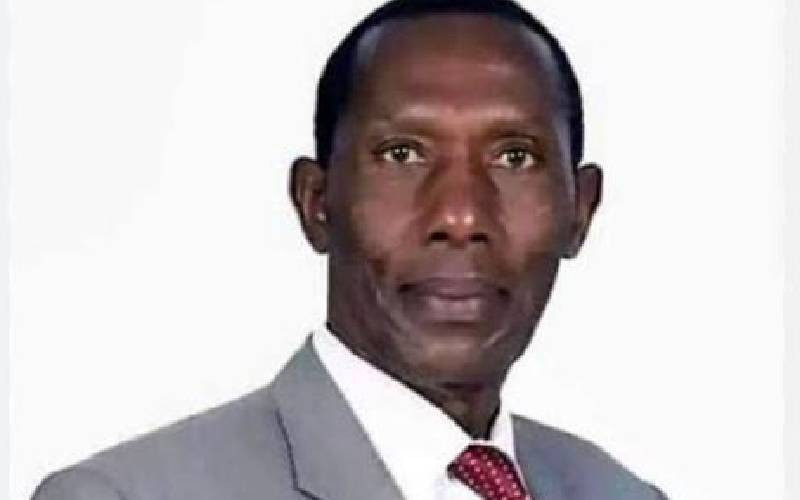×
The Standard e-Paper
Fearless, Trusted News

If Borabu parliamentary aspirant Naftali Onderi Ontweka could be asked to choose between Kisii and Kamulu, perhaps his choice would have resolved the standoff between his widow and kin on his grave that has dragged on for two months now.
To date, Onderi's body lies at the Lee Funeral Home waiting for the day he will join his ancestors. His family cannot agree where to bury the politician who worked at the Treasury before getting into politics.